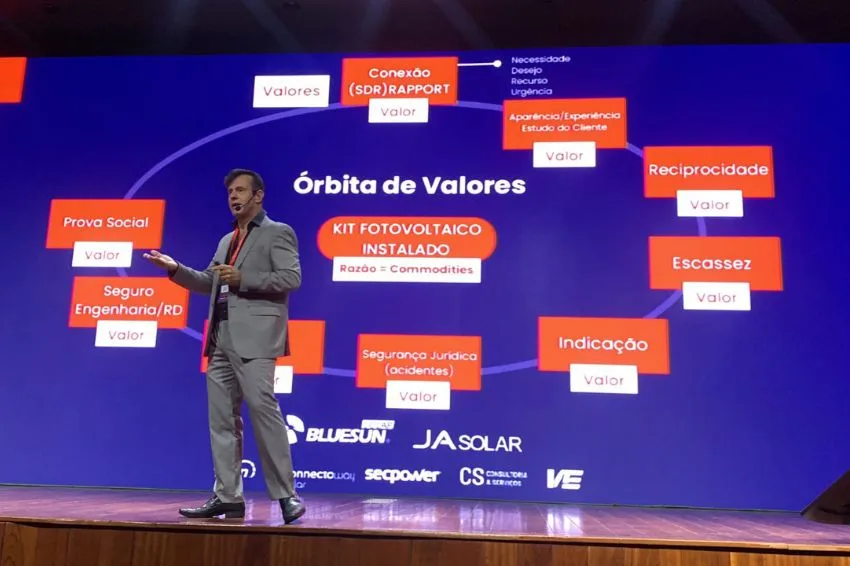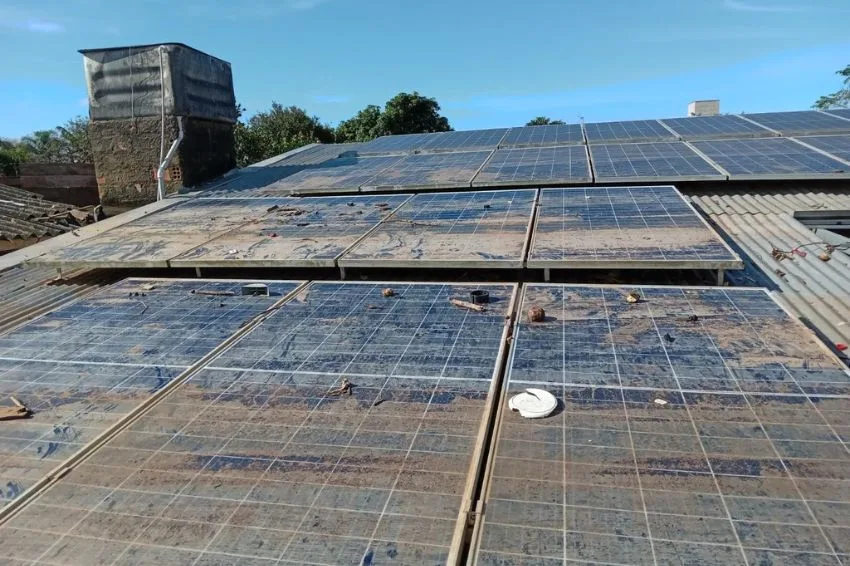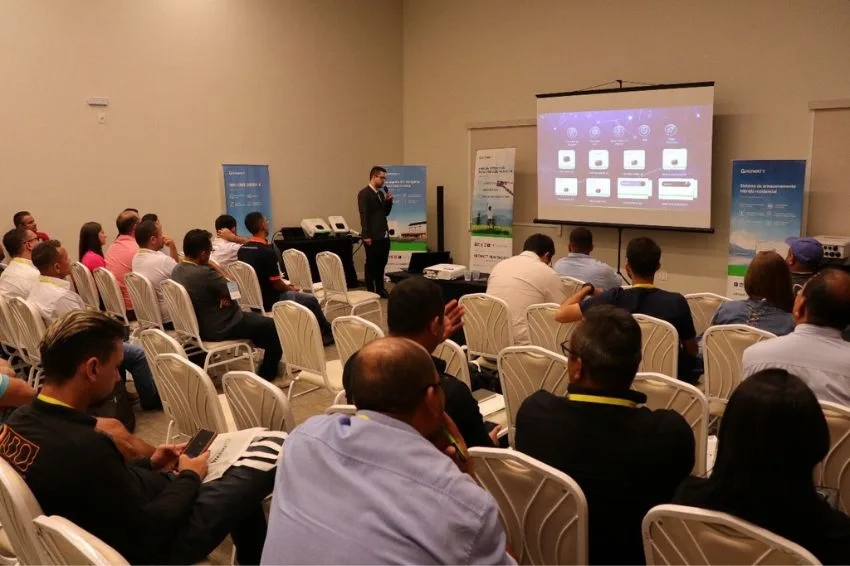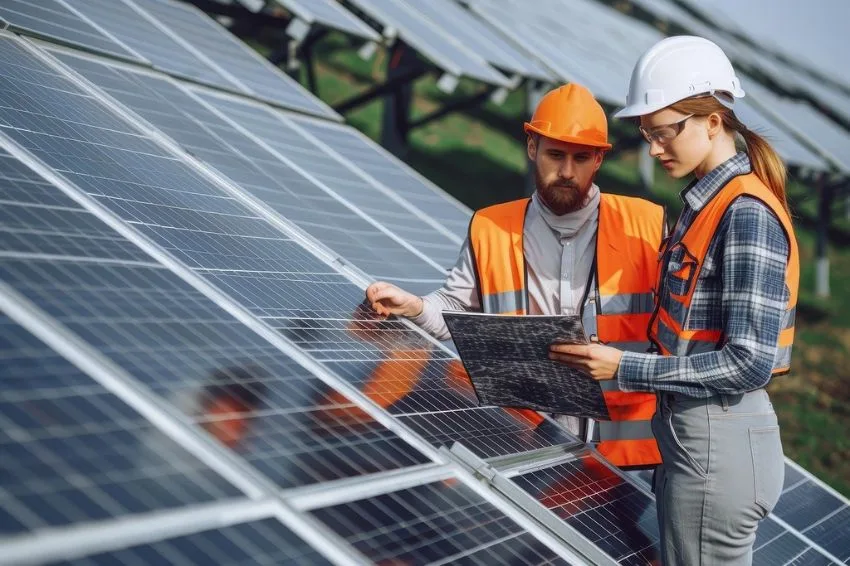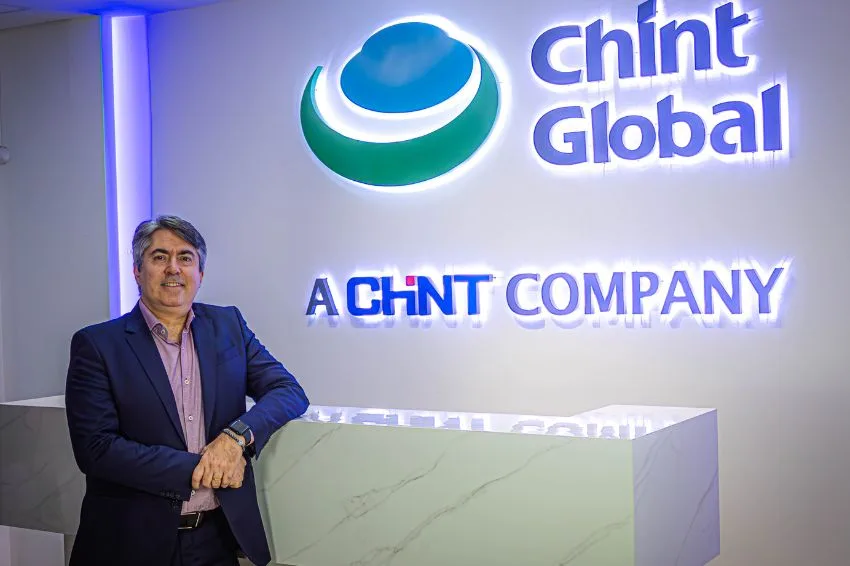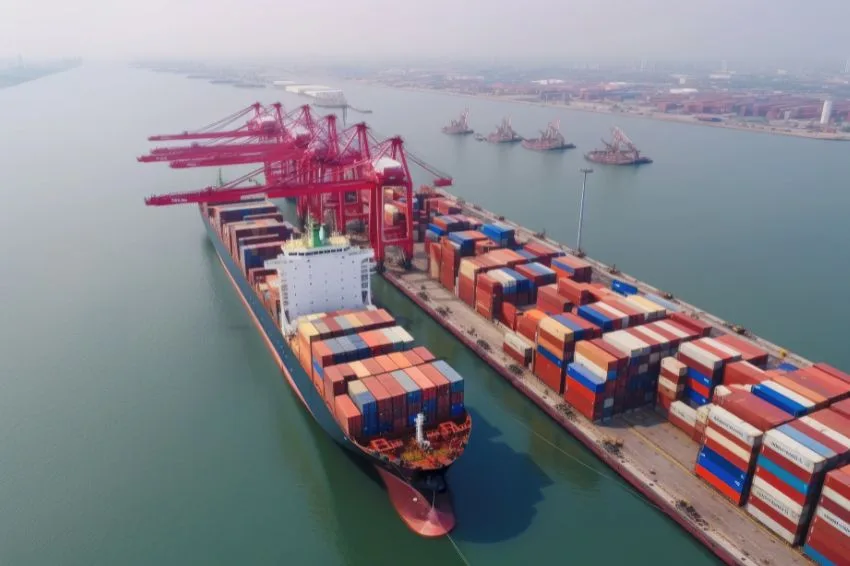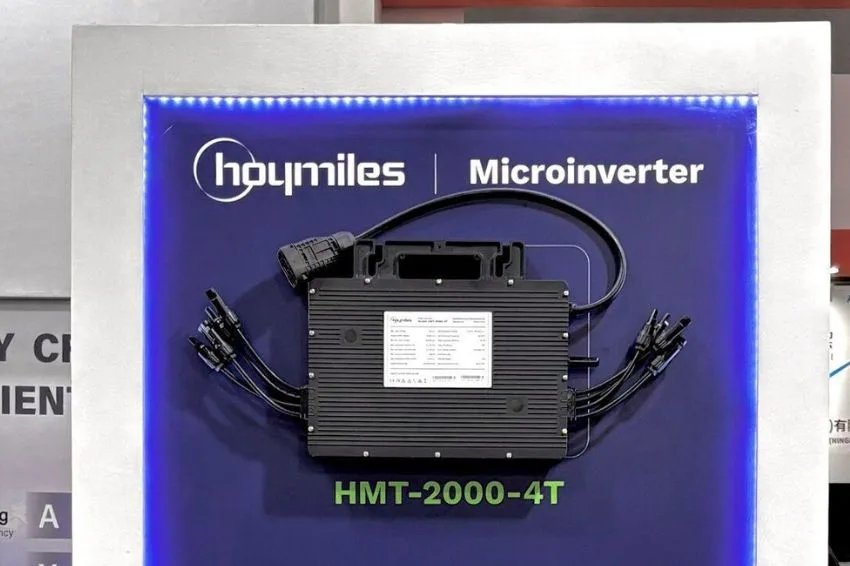Messages on WhatsApp may even facilitate customer service, but integrators which are limited to send proposals in PDF through the messaging application commit a big mistake that prevents them from invoicing in a market as competitive as solar energy.
This was just one of the analyzes presented in the lecture “How to survive and win in the price war in the photovoltaic sector?”, taught by CEO of Bluesun, Roberto Caurim, in the 3rd edition of Connect Channel, carried out at the FPS (Faculdade Pernambucana de Saúde), in Recife (PE).
According to the executive, when a professional sits down to negotiate the commercialization of a photovoltaic kit It is essential that sales are conducted through direct conversation with customers through a phone call, video call or in-person contact.
“When you send a proposal via WhatsApp to your clients, what do you send? A PDF. Does this have any value? No! Does the PDF generate emotion in your customer? Neither,” he said.
“Never send a quote via PDF, because your proposal will be among a bunch of others and the client will choose the cheapest one. He won't even look at what you wrote in the budget. He will only look at the last line (where the price is described)”, he stressed.
On the other hand, Caurim explained that when an integrator has the chance to talk to the customer, he should take advantage of the moment to understand what his pain is and why purchasing a system would help him solve it.
According to him, doing this creates a feeling of proximity and trust between the consumer and the integrator, generating value for the company and facilitating the progress of a negotiation.
Orbit of values
During Canal Conecta, the Bluesun executive also presented a series of techniques that can be used by integrators to facilitate sales in the solar energy sector. One of them was the using the cost of energy (LCOE) as a sales argument instead of payback.
Basically, the energy cost is the cost of the photovoltaic kit already installed, added to maintenance expenses (such as cleaning the modules) and divided by how much energy the consumer will generate in 25 years, the estimated useful life of a solar system.
According to Caurim, this number in R$/kWh provides a surprising result, as it connects the customer with one of the most powerful sales triggers: O sense of urgency.
This is because, according to him, When making this calculation, the integrator compares what is the energy cost that his client will have with the use of a photovoltaic system versus the energy acquired directly from the distributor.
“You will say to your client something like: “Look, so and so. If you generate solar energy you will pay R$ 0.15/kWh. If you buy energy from the distributor, you will pay R$1.15/kWh. What do you prefer?'. This generates a sense of urgency in your client that you have no idea about”, concluded Caurim.
O Connect Channel is being carried out in May 14th and 15th. The event has over 16 hours of content, divided into lectures and panel discussions, given by renowned professionals in the sector.
All content on Canal Solar is protected by copyright law, and partial or total reproduction of this site in any medium is expressly prohibited. If you are interested in collaborating or reusing some of our material, we ask that you contact us via email: [email protected].


